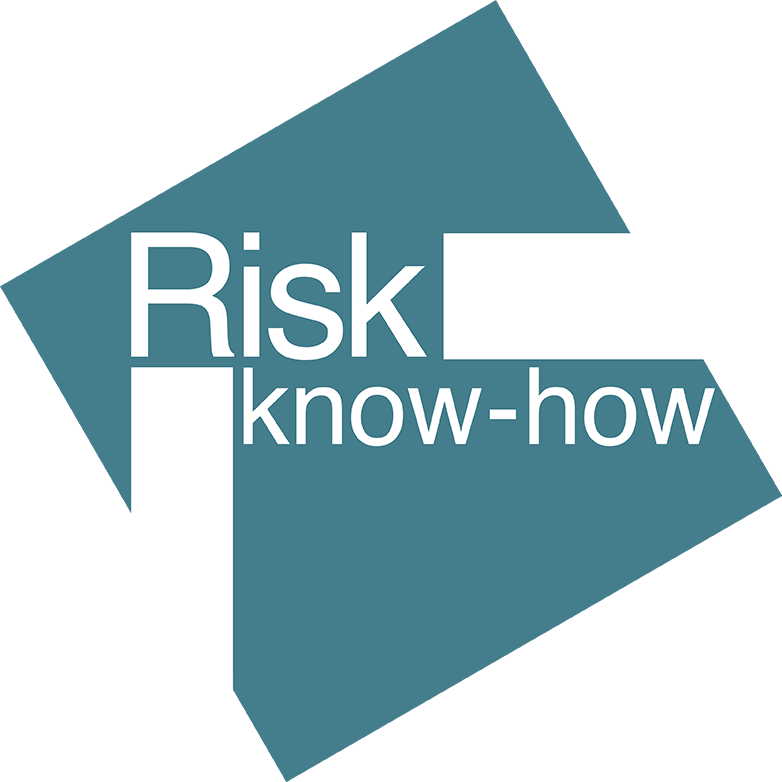The way that risk is communicated needs to change if we expect it to lead to action. That is the aim of a new platform, Risk Know-How, launched today by Sense about Science in partnership with Lloyd’s Register Foundation, challenging information providers and governments to better understand and respond to the wider risk contexts of the communities they address.

81% of people across the world said they faced at least one threat in their daily lives, according to the most recent Lloyd’s Register Foundation World Risk Poll [2]. Risk information needs to include the other threats that people face, the effectiveness and costs of mitigation and the opportunities for action in that context.
There are thousands of people around the world who are already helping their communities to navigate risks – from food safety to floods - who would benefit from greater attention. These risk practitioners are people who take responsibility, both professionally and informally, for helping their communities navigate decisions about when to act. We have brought together nearly 100 such voices to explain in their own words how they help people make risk trade-offs in different contexts [3]. But risk practitioners are often working with limited support and information that does not acknowledge the reality of their situation. Successful action depends on including them.
Tracey Brown, Director of Sense about Science said:
“We are calling on knowledge providers to think about whether they are providing actionable knowledge.
Too often people’s failure to comply with guidance on issues like food safety, climate change risks or workplace safety is interpreted as a failure to understand, when in reality it is the result of trade-offs made in restricted circumstances. People have great insights into their communities’ needs for information that fits the context. For example, a ‘high risk of drought’ does not give farmers in Western Kenya enough information to make a decision about changing seeds, when those changes themselves carry other risks.”
Working with leading voices in risk and statistics, the Risk know-how initiative is using the experiences of risk practitioners to set out the elements of understanding risk that have the strongest practical application in day-to-day life. Today, the Risk know-how framework is launched online [4] in an easily accessible format for practitioners, and which relates their experiences to those of others around the world.
Christine Franklin, Ambassador for the American Statistical Association, said:
“This risk know-how framework is a visionary document to support leaders of communities to balance known and unknown risks in making decisions for the well-being of the community.
It enables them to develop a culture that prioritizes risk literacy and to encourage all members of their community to recognize the importance of data in making sound decisions. This framework is a prototype for how developing statistical reasoning skills is a lifelong process, regardless of when that process begins.”
We are calling on statistics agencies, government agencies and international organisations to commit to sharing knowledge, not just data. It is vital that risk information providers listen to people about the trade-offs they have to make and the consequences for their lives and responsibilities. Without this, ordinary people will continue to struggle to manage life-changing risks, with consequences for them and their communities.
Tim Slingsby, Director of Skills and Education at Lloyd’s Register Foundation, said:
“The case for public understanding of risk has been well made, largely through global experience of issues from food safety to energy generation. Unfortunately, it is also clear that the information people need is often not communicated effectively, people are not resourced to recognise misleading information and there is a lack of effective, inclusive approaches. Just as importantly, those who take responsibility for how their different communities and sectors engage with risk are not connected. Our answer to this is the Risk know-how framework, through which we are proud to be working with Sense About Science and to be connected with essential risk communication practitioners who are helping their communities navigate risks in their own real-world contexts. The Risk know-how Framework joins the dots between providers of risk information and those that can act on it and for Lloyd’s Register Foundation, identifying what’s useful to improve safety in practice is an important next step for engineering a safer world.”
The Risk know-how initiative will be discussed at EuroScience Open Forum (ESOF) 2022 session SS1.28 Can We Make Informed Decisions Without Risk know-how? at 15:45-17:00 CEST, Thursday 14 July in Online room 5.





